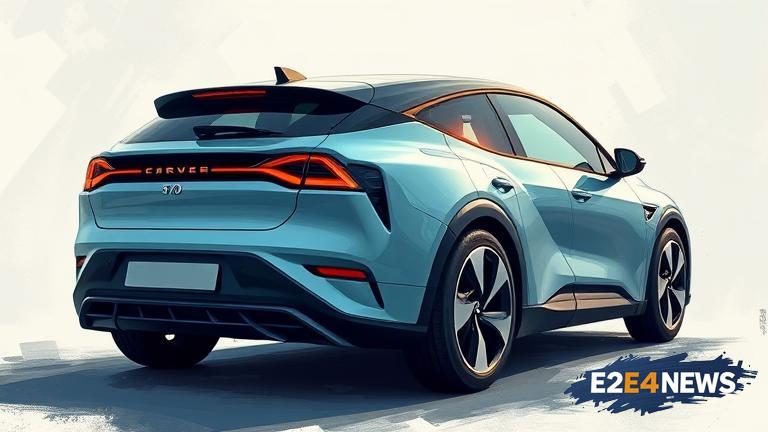The Indian government has announced a comprehensive plan to promote the adoption of electric vehicles (EVs) in the country. The plan includes a range of incentives and initiatives aimed at encouraging the use of EVs, reducing greenhouse gas emissions, and improving air quality. According to reports, the government plans to offer subsidies to EV manufacturers, as well as to consumers who purchase EVs. The subsidies are expected to be in the form of tax exemptions and discounts on the purchase price of EVs. Additionally, the government plans to invest in the development of EV charging infrastructure, including the installation of charging stations along highways and in urban areas. The plan also includes measures to promote the use of EVs in public transportation, such as buses and taxis. The government has set a target of having at least 30% of all new vehicle sales be electric by 2030. To achieve this goal, the government plans to work with state governments and private companies to develop EV-friendly policies and infrastructure. The plan also includes measures to promote the use of EVs in rural areas, where access to charging infrastructure may be limited. The government has announced plans to provide subsidies to rural residents who purchase EVs, as well as to invest in the development of off-grid charging systems. The use of EVs is expected to have a number of benefits, including reducing greenhouse gas emissions, improving air quality, and reducing the country’s dependence on fossil fuels. The plan has been welcomed by environmental groups and industry leaders, who see it as a major step forward in the country’s transition to a more sustainable transportation system. However, some have raised concerns about the feasibility of the plan, citing the need for significant investment in infrastructure and the potential for disruptions to the existing automotive industry. Despite these challenges, the government remains committed to its goal of promoting the adoption of EVs, and has announced plans to review and revise the plan as necessary to ensure its success. The plan is part of a broader effort by the Indian government to reduce the country’s carbon footprint and promote sustainable development. The government has set a target of reducing the country’s greenhouse gas emissions by 33-35% by 2030, and sees the promotion of EVs as a key part of this effort. The plan has also been welcomed by foreign investors, who see it as an opportunity to invest in India’s growing EV market. The Indian EV market is expected to grow significantly in the coming years, driven by government support and increasing demand from consumers. The plan is expected to create new opportunities for businesses and entrepreneurs, particularly in the areas of EV manufacturing and charging infrastructure development. Overall, the Indian government’s plan to promote the adoption of EVs is a major step forward in the country’s transition to a more sustainable transportation system, and is expected to have a significant impact on the environment, the economy, and society as a whole. The plan is a key part of the government’s efforts to reduce the country’s carbon footprint and promote sustainable development, and is expected to play a major role in shaping the future of the Indian automotive industry. With the government’s support, India is poised to become a leader in the global EV market, and the plan is expected to have a significant impact on the country’s economy and environment in the years to come. The government’s commitment to promoting the adoption of EVs is a major step forward, and is expected to have a lasting impact on the country’s transportation system and the environment. The plan is a key part of the government’s efforts to promote sustainable development, and is expected to play a major role in shaping the future of the Indian automotive industry. The use of EVs is expected to have a number of benefits, including reducing greenhouse gas emissions, improving air quality, and reducing the country’s dependence on fossil fuels. The plan has been welcomed by environmental groups and industry leaders, who see it as a major step forward in the country’s transition to a more sustainable transportation system.





